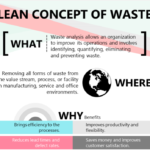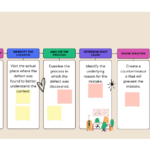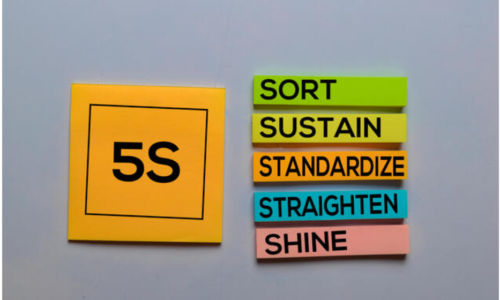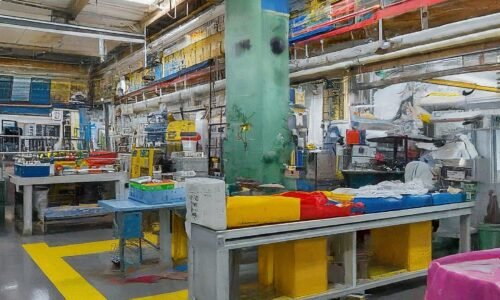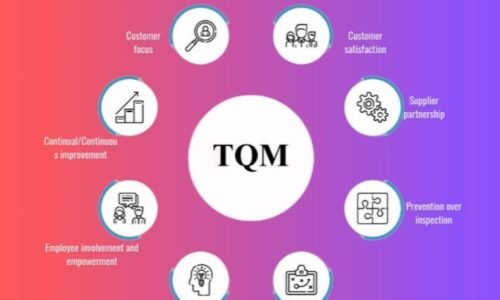Fishbone Diagram Root Cause Analysis Training
Fishbone Diagram Root Cause Analysis Training Table of Contents 1. Introduction to Fishbone Diagram 2. What is a Fishbone Diagram?
September 26, 2025
No Comments
The 8D method and CAPA submission
8D Method and CAPA Submission: A Complete Guide 8D Method and CAPA Submission A Comprehensive Guide to Problem Solving and
September 22, 2025
No Comments

Insert Change Process
CNC Insert Change Process – Complete Guide CNC Insert Change Process Complete Guide for CNMG, DNMG, CCMT & WNMG Inserts
September 1, 2025
No Comments

Gemba Walk
Waste Walk Demo Training 🚶♂️ Waste Walk Training Interactive Demo – Learn to Identify and Eliminate Waste Welcome to Waste
August 20, 2025
No Comments
Mastering 5S: A Complete Guide with Hands-On Training ( In Hindi)
3 HoursAll levels43 Lessons1 Quiz7137 Students₹0.00₹499.00TQM Fundamentals: Principles and Practices
10 WeeksAll levels26 Lessons4 Quizzes1756 Students₹0.00₹499.00


